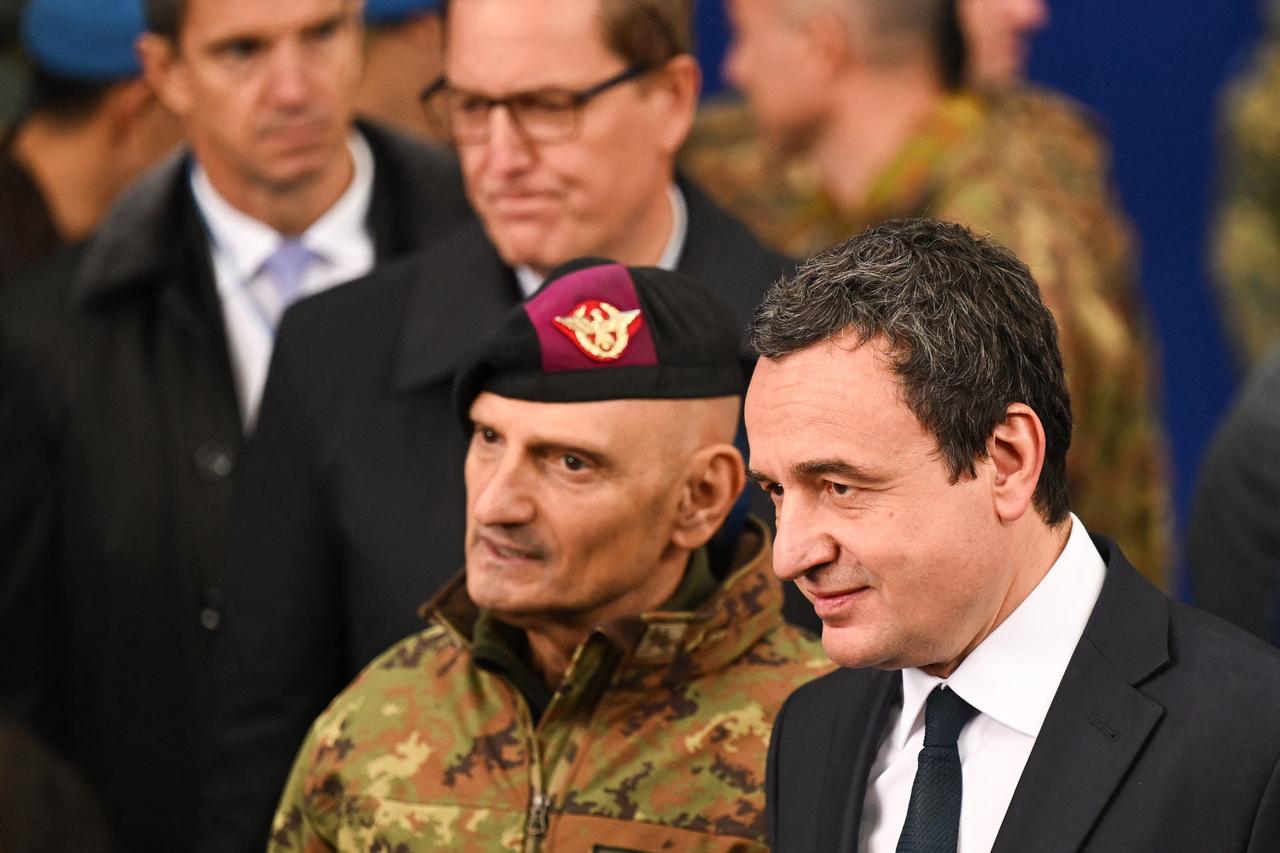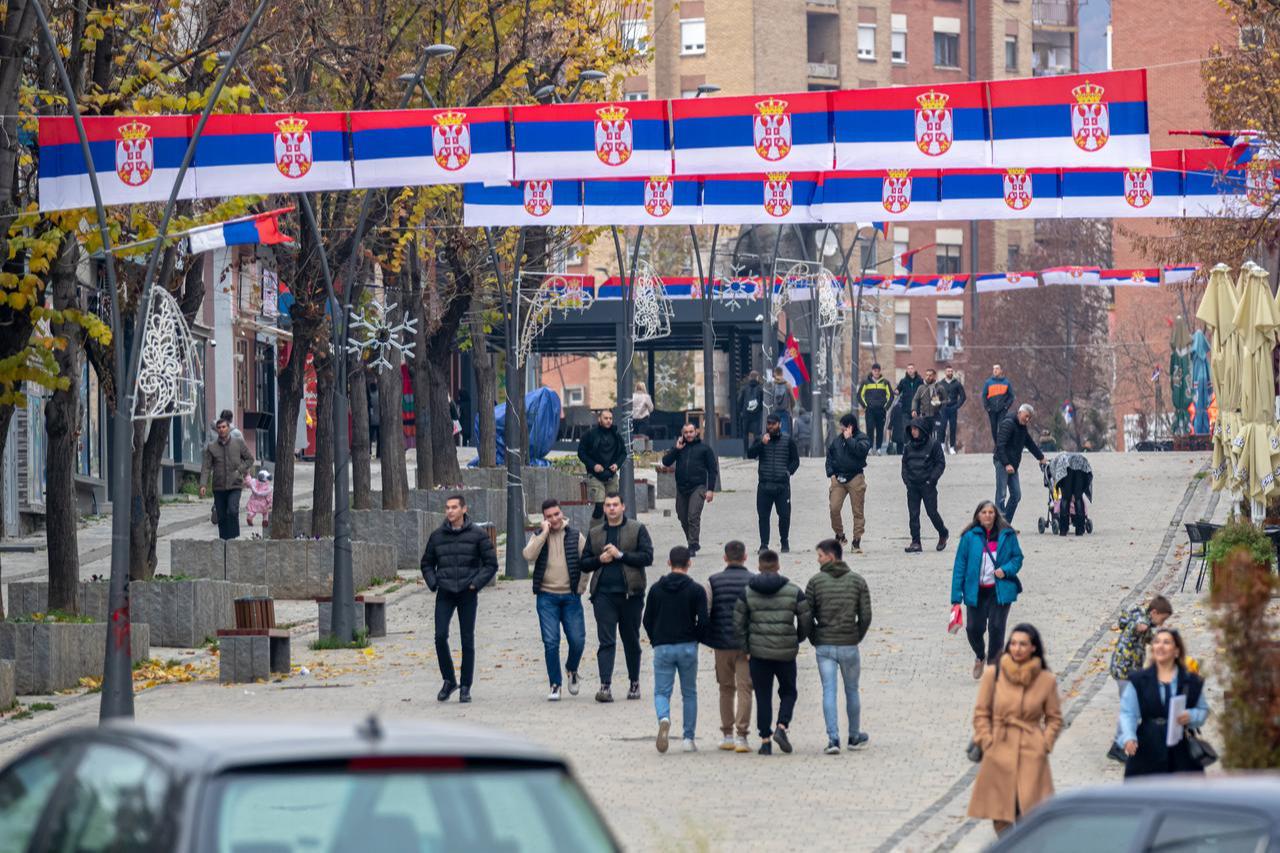
Kosovo’s Prime Minister Albin Kurti on Tuesday accused Serbia of attempting to interfere in the Oct. 12 local elections by promising jobs and financial incentives to influence voters in Serb-majority areas.
Speaking at a Cabinet meeting, Kurti said recent actions by Serbian President Aleksandar Vucic and other officials amount to “direct interference” in Kosovo’s electoral process.
He alleged that Belgrade is using “employment promises, financial support, and social aid as tools of conditioning and blackmail” to sway ethnic Serb voters.
“Interference in another country’s elections constitutes a violation of that nation’s democracy and sovereignty,” Kurti said, adding that Serbia’s efforts were “even more serious than Russian meddling in European elections.”

Kurti urged the European Union to condemn and sanction Serbia over its alleged attempts to influence the upcoming municipal elections, set for Sunday.
Vucic recently announced that Serbia plans to hire an additional 400 people in healthcare institutions operating in Kosovo.
Although Kosovo authorities have shut down several Serbia-linked offices in recent months, Belgrade-affiliated institutions continue to function in education and healthcare, particularly in Serb-populated regions in northern Kosovo.
Kosovo’s local elections, scheduled for Oct. 12, mark the eighth municipal council and sixth mayoral vote since independence.
The campaign began Sept. 13 and will conclude Oct. 10. A total of 38 mayors and municipal council members will be elected across the country. Ninety-three political entities are participating, including 32 political parties, 32 citizens’ initiatives, two coalitions, and 27 independent candidates.
In total, 5,626 candidates are running for municipal council seats and 206 for mayoral positions. Voting will take place at 948 centers and 2,625 polling stations, with 2.03 million registered voters eligible to cast ballots.
Kosovo last held local elections in October 2021.
Kosovo declared independence from Serbia in 2008 and is recognized by around 119 countries, including Türkiye. Serbia, however, still considers the territory part of its own.
Northern Kosovo, near the Serbian border, has a large ethnic Serb population, and tensions between the two sides have frequently flared over political control and local governance.